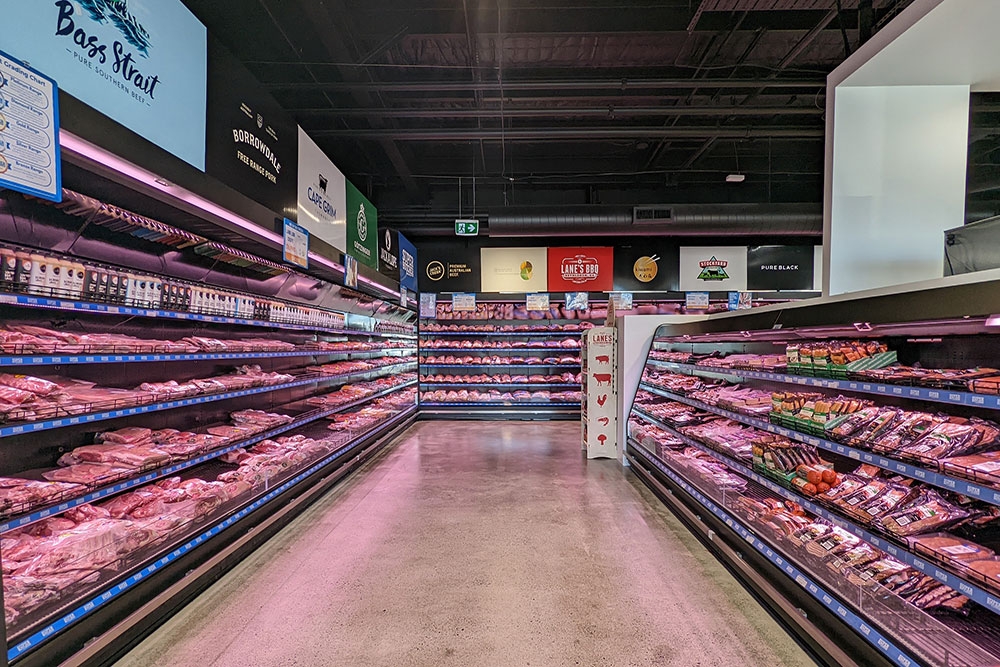An effective online presence is no longer an option for businesses; it’s a must for growth. The pillar of this presence is a painstakingly created website that fits perfectly with strong search engine optimization (SEO) techniques. It is a great engine for increasing your online presence and drawing a larger audience. Simply existing online is insufficient; your website must be authoritative, discoverable, and interesting. Design and SEO working together guarantees that possible clients will find you, know what you have to offer, and finally become devoted customers. Companies trying to flourish in a competitive world must have this all-encompassing strategy. While SEO guarantees that search engines highly rank your material, hence generating natural traffic, a well-designed site offers an easy user experience. Working with a seasoned Seo agency ottawa can help you to fully optimize your online presence.
Increase Search Visibility
Beyond appearance, your website’s actual strength resides in its availability to individuals actively looking for your goods or services. Here is where SEO is absolutely vital. Your website’s chances of ranking higher in search engine results pages will greatly increase by means of content, structure, and technical aspect optimization. More natural traffic, visitors who are actually interested in what you have to offer, results from this higher visibility. Any effective Seo agency ottawa is mostly dependent on excellent, relevant material. Maintaining good search results and building your identity as a thought leader depend mostly on regularly updating your material and guaranteeing its accuracy and relevancy.
Friendly Mobile Experience
Making sure your website is completely responsive and mobile device compatible is critical in a world going more and more mobile-driven. Your search engine results may suffer and you run the danger of alienating a substantial portion of your possible audience if your website does not easily fit different screen widths. Using a mobile-first approach to web design guarantees that, independent of the device used, your site offers an easy and efficient experience, therefore enhancing engagement and discoverability.
Assessing Your Performance
Online marketing’s attractiveness is its capacity to track and evaluate results. Excellent SEO combined with a well-designed website lets you access thorough data revealing visitor behavior, traffic sources, and conversion rates. Knowing these benchmarks helps you to hone your plans, spot areas needing work, and finally maximize your return on investment. Sustained development depends on regular monitoring and changes so your online activities constantly match your company goals. Using data helps companies to constantly improve their web presence and properly increase their reach.






